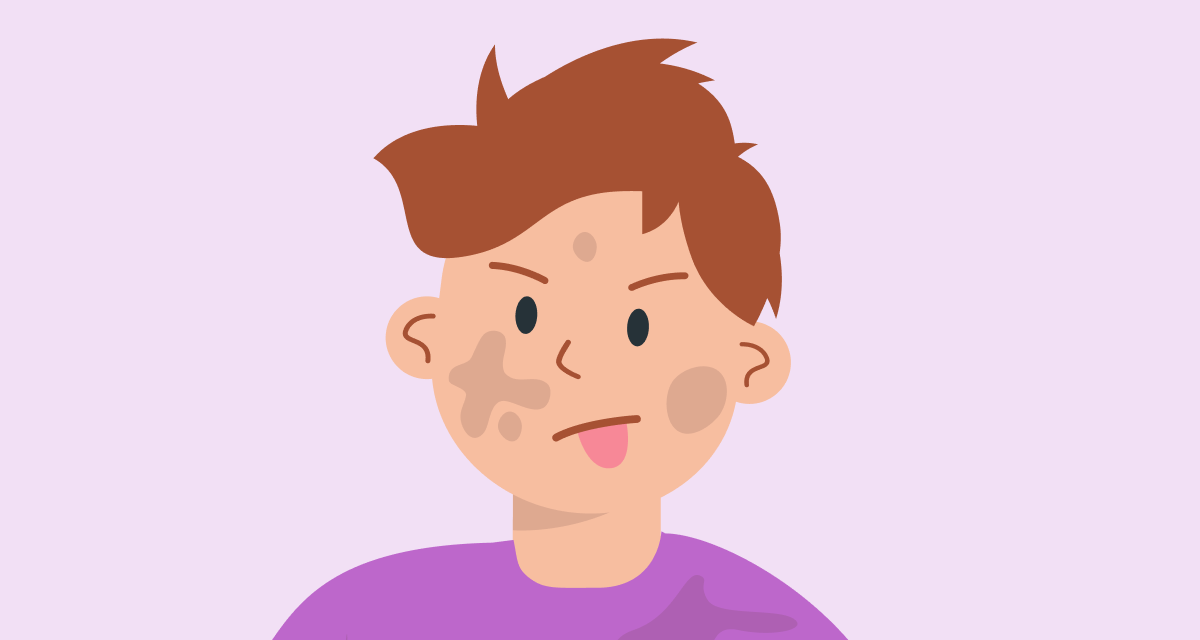Why Some Teens Stop Taking Care of Themselves

Your teen won’t wash their hair, wears the same clothes every day, and doesn’t brush their teeth. You try to reason with them, you worry, you get frustrated but nothing changes.
It might seem like laziness or defiance. But often, the reasons run deeper. And they can be addressed with patience and without pressure.
Why Some Teens Stop Taking Care of Themselves
This struggle often shows up between the ages of 11 and 18 and affects about 1 in 5 teens. It’s a time of rapid growth, identity shifts, and deep emotional sensitivity.
Self-care can take a back seat. And here’s why that might happen:
- A disconnect between body and mind. The body is growing fast, but emotionally, the teen may not feel ready for it.
- Low self-esteem. They may not see the point of caring for themselves or may feel they don’t deserve it.
- Weakened connection with parents. When emotional closeness is missing, motivation for self-care often drops.
- Neurodivergence. Teens with autism or ADHD may struggle with routines, planning, or sensory overload.
- Emotional struggles. Bullying, anxiety, depression, or quiet rebellion can all show up through neglect of hygiene.
How to Talk About Hygiene (Without Shame or Pressure)
Don’t scold. Don’t shame. Don’t demand. What works better is staying close and offering support gently.
You could try saying:
- “I’ve noticed things feel a little hard right now. What’s making it difficult to take care of yourself?”
- “It’s important to me that everyone feels comfortable at home. Can we think together about how to make that happen?”
- “Is there something you’d like to change about your routine? Want to work through it step by step?”
- “Would you be open to visiting a stylist or skincare expert? Maybe they could give you some fresh ideas—just for you.”
- “When do you feel most confident? Is there anything that helps you feel that way?”
What Helps Teens Start Caring for Themselves Again
To rebuild a routine, teens need to feel two things: they have the strength and they’re not alone.
Here’s what might help:
- Praise small steps. Even just washing their face is progress—acknowledge it.
- Make a plan together. A simple morning and evening checklist can be a great start.
- Use reminders and visual cues. Try a list on the bathroom mirror, or a gentle app notification.
- Create a welcoming space. Favorite soap, soft towels, quiet time in the bathroom, or music they like—it all lowers resistance.
- Shift responsibility gradually. They don’t need to do everything at once. With gentle support, they’ll begin to feel capable.
- Involve trusted professionals. A barber, dermatologist, or stylist can explain things in a teen-friendly way, and often, outside voices are more effective than parents’ advice.
When It’s Time to Seek Help
If hygiene avoidance goes on for a long time and comes with anxiety, withdrawal, or deep apathy, consider talking to a teen therapist. Sometimes what looks like protest is actually pain.
⠀
Taking care of yourself is a skill—one that builds slowly over time. The most powerful thing you can do as a parent? Stay close. Be patient. Believe in your child even when it’s hard.
References:
- Prevalence and factors associated with suboptimal hand and oral hygiene behavior among adolescents in Central America, Population Medicine, 2024
- My daughter rarely bathes and her room is smelly, but says she doesn’t care, The Guardian, 2024
- How to Manage Poor Hygiene in Children: My Kid Stinks — Help, Empowering Parents, 2022
- Hygiene practices among young adolescents aged 12–15 years in low‑ and middle‑income countries: a population‑based study, International Journal of Public Health, 2020
Проверьте электронный ящик



















